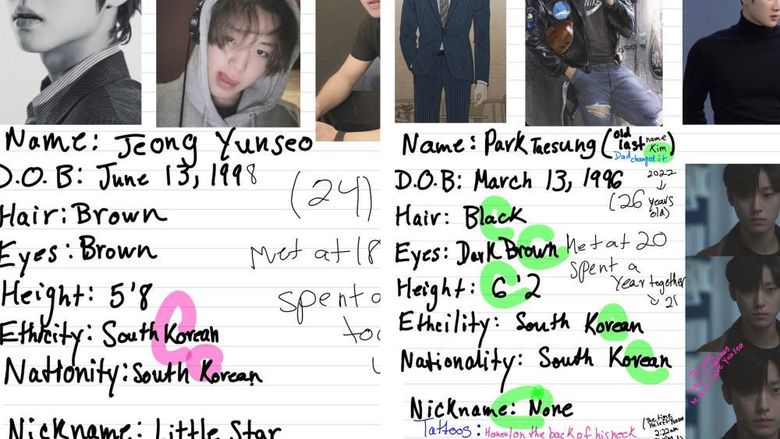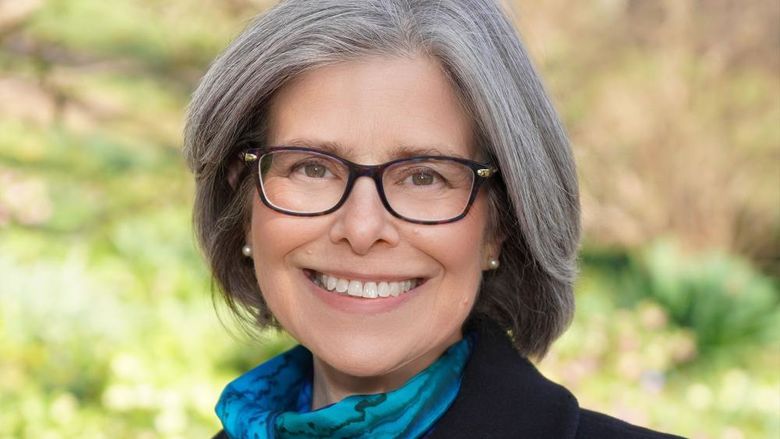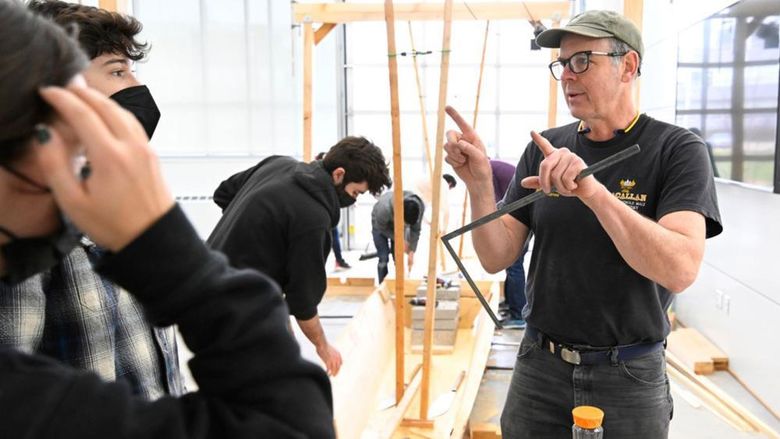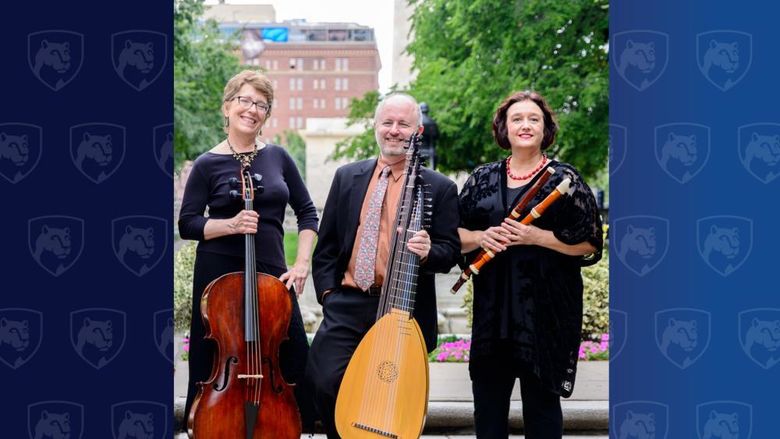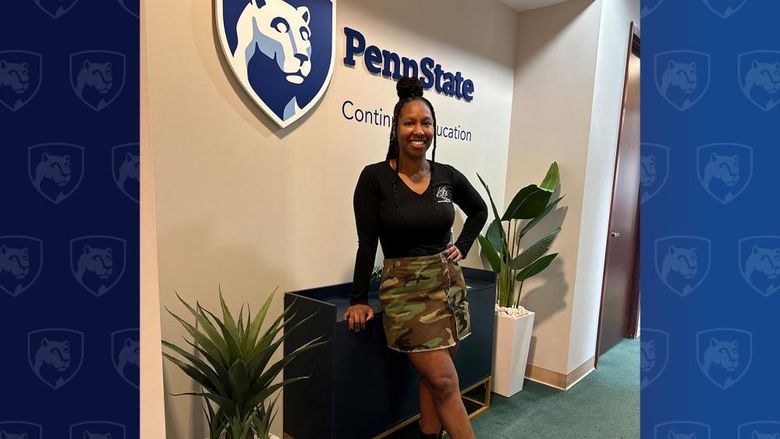
Hip-hop scholar and freestyle MC Justin De Senso, seated on the desk, will teach a course focusing on the impact of the hip-hop movement at Penn State Abington this summer.
ABINGTON, Pa. — Hip-hop scholar and freestyle MC Justin De Senso will teach a summer course at Penn State Abington that examines the genre’s history and its cultural, economic, social, and political impact. He will invite Philadelphia area artists to take part, and students will have the opportunity to participate in cyphers — a circle of performers and spectators.
The three-credit course, "INART 126N/AFAM 126N: The Popular Arts in America: The History of Hip-Hop," will go beyond the music and take a deep dive into the foundations of the movement and where it stands today.
"We will focus on why hip-hop emerged in the early 1970s, who the young people were who authored its emergence, and what that tells us about the transnational forces that were at play," De Senso said. "It began with Caribbean immigrants in New York City, so we will start there with big picture questions and place it in a transnational context."
De Senso, who graduated from Abington in 2003, will explore hip-hop as an American and worldwide movement.
“We will explore who we are as Americans and humans and place it within the African American oral tradition and the diaspora," he said. "We have trap, gangster and all these different outflows. How did these brilliant people like Tupac and Eminem make it their own? We need to think about its different faces and how it's reborn."
Abington students can see De Senso in action on April 15 at Common Break when he will host a wellness rap cypher for National Poetry Month.
One of De Senso’s passions, he said, is digging into what hip-hop teaches students about who they are as citizens and as humans.
“There is this global web of hip-hoppers who stay in communion with each other, and there’s a whole universe of archives that tells the story," he said. "We’re going to peek under the hood. Harvard and Cornell universities have hip-hop collections with photos, party flyers, letters and graffiti. How can we use this to deepen our understanding of what hip-hop is? We can look at some things in this course that haven't been examined before."
We will focus on why hip-hop emerged in the early 1970s, who the young people were who authored its emergence, and what this tells us about the transnational forces that were at play.—Justin De Senso
Growing up less than an hour from hip-hop ground zero in the Bronx, most of De Senso’s friends in his diverse Long Island neighborhood were graffiti artists and breakdancers.
“I can't draw, and I don't dance, but a foundational element of hip-hop is spoken word using rhyme," he said. "I was good at playing with language so I could tell stories, captivate a group, and make political and social arguments. Hip-hop has a therapeutic and community element. It's fun, but it’s also really powerful."
He eventually packed up his hip-hop and freestyle MC skills and enrolled as an English major at Abington, where a course on African-American oral traditions inspired him to dig into the roots and culture of hip-hop.
De Senso attended graduate school at New Mexico State University and Buffalo University, where he designed and taught courses on hip-hop and American society. In Buffalo, he co-authored a book chapter on Ice-T with Greg Dimitriadis, a professor known as the father of hip-hop ethnography.
He taught English and African American studies for several years at Penn State Berks, including a course on critical approaches to hip-hop while hosting cyphers in his office.
“We would meet at the table of hip-hop, and the language was incredibly powerful," De Senso said. "Students were trying to puzzle through their ideas with someone as a sounding board. It became a safe space for them. There was a lot of emotional, social, and personal work done there."
De Senso and a Penn State colleague were awarded a Library of Congress Teaching with Primary Sources grant in 2020, and he is co-authoring a book with Jonathan White, associate teaching professor of history at Penn State Allegheny. It will examine hip-hop's role in strengthening American democracy through storytelling and using its archives to think more deeply about America's challenges.
Career and person moves during De Senso’s life have been eased by his connection to hip-hop.
“In New Mexico and Buffalo, I worked at a life transitions program for young adults with intellectual disabilities, and hip-hop helped me build relationships with them," he said. "I'm 42 now, and everywhere I go, I look for freestyle MCs and rappers. I’m like a Swiss Army knife with hip-hop."
Check out other featured courses at Penn State Abington.
About Penn State Abington
Penn State Abington provides an affordable, accessible and high-impact education resulting in the success of a diverse student body. It is committed to student success through innovative approaches to 21st-century public higher education within a world-class research university. With more than 3,100 students, Penn State Abington is a residential campus that offers baccalaureate degrees in 25 majors, accelerated master's degrees, undergraduate research, the Schreyer Honors College, NCAA Division III athletics and more.
